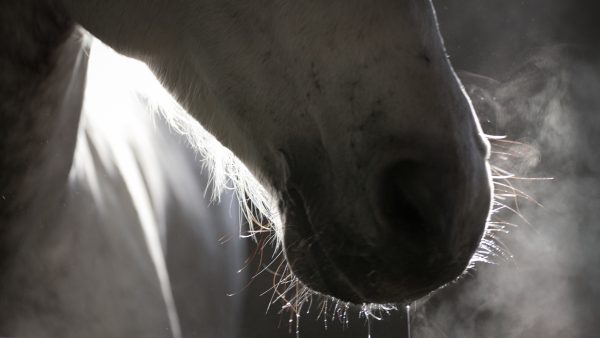
Ensuring Equine Health: A Guide to Documentation and Vaccination for Events
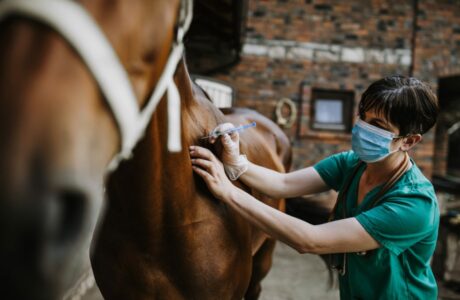
Document Verification and Correction: A Crucial Step
Participating in competitions, races, fairs, and events with your horse or pony requires careful attention to documentation and health protocols. The passport or booklet for your equine companion is essential, and ensuring that the documents are in order is crucial to avoid significant penalties.
Upon receiving the documentation, it is necessary to verify with your veterinarian that the microchip, identifying data, and the corresponding graphic (the so-called “pupazzetto”) match the provided information. Any inaccuracies must be reported to the issuing authority for necessary corrections.
Some event organizers may require horses not intended for slaughter, so it’s essential to know whether your animal is destined for meat production (DPA or NDPA).
From a health perspective in Italy, the Coggin’s Test is mandatory starting at 12 months of age. The test, valid for three years in low-risk regions, checks for Equine Infectious Anemia (AIE) through a simple blood sample. A negative test result is necessary for event participation, with an official ATS veterinarian stamping the horse’s booklet.
Health Protocols: Coggin’s Test and Mandatory Vaccinations
Mandatory vaccinations include the bivalent influenza and tetanus vaccine. The vaccination protocol involves an initial dose, followed by a second dose a month later, and a third dose after six months. While annual boosters are common, some federations, like the FEI, may require biannual boosters for event participation. It’s crucial to ensure no vaccination occurred in the seven days preceding the event, with the veterinarian labeling the vaccine in the designated space for equine influenza.
Two additional vaccinations, though not obligatory, are recommended in Italy for preventing the spread of Rhinopneumonitis (Herpesvirus 1 and 4) and West Nile Virus.
Given the 2021 outbreak of Rhinopneumonitis in Valencia, Herpesvirus vaccination is strongly advised, especially for frequently moved horses (participating in competitions and fairs) and pregnant mares vaccinated around the 5-7-9 months of gestation. All horses, even those staying in stables, should be vaccinated to prevent potential contagion. After the initial vaccinations, boosters are necessary every six months.
Additional Vaccinations and Preventive Measures
Regarding West Nile Virus, a neurological disease transmitted through mosquito bites, vaccination is recommended for all horses due to the frequent presence of these insects in Italy. Annual boosters are required, alongside preventive measures like anti-mosquito sprays and dedicated horse blankets. These vaccinations should be recorded by the veterinarian in the horse’s document, on the page designated for vaccination other than influenza.
In conclusion, meticulous attention to documentation and adherence to vaccination protocols are essential for ensuring the well-being of horses and preventing the spread of diseases in the equine community. Keeping horses healthy not only safeguards individual animals but also contributes to the overall safety of equine events and activities.
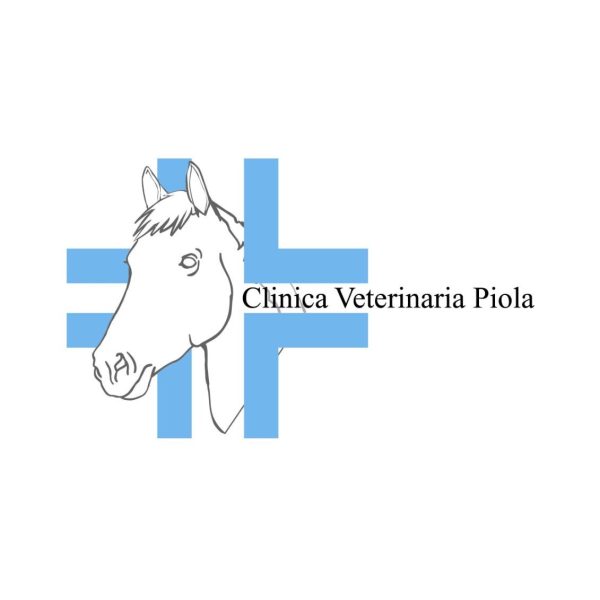
V. Sozzi in collaboration with Doctor Barbara Garbagnati of Clinica Veterinaria Piola
© Rights Reserved.




.png)



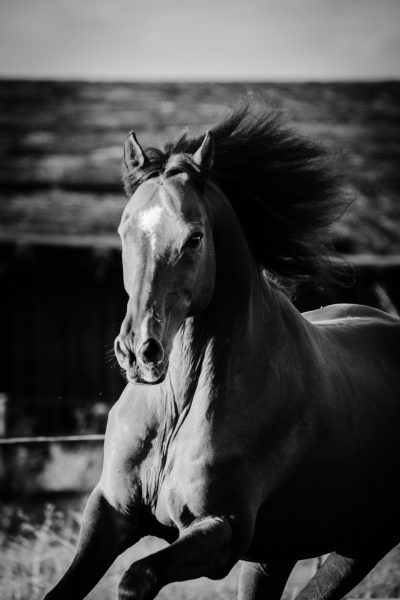
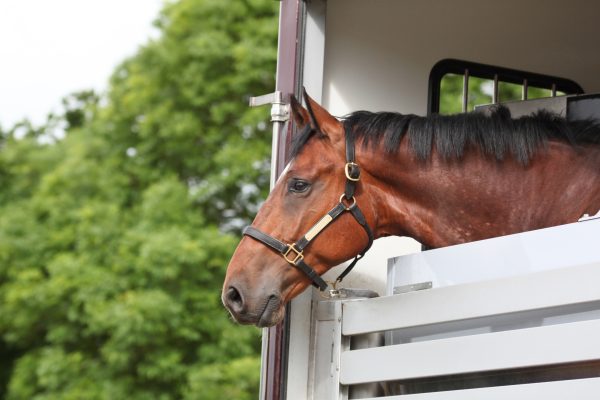
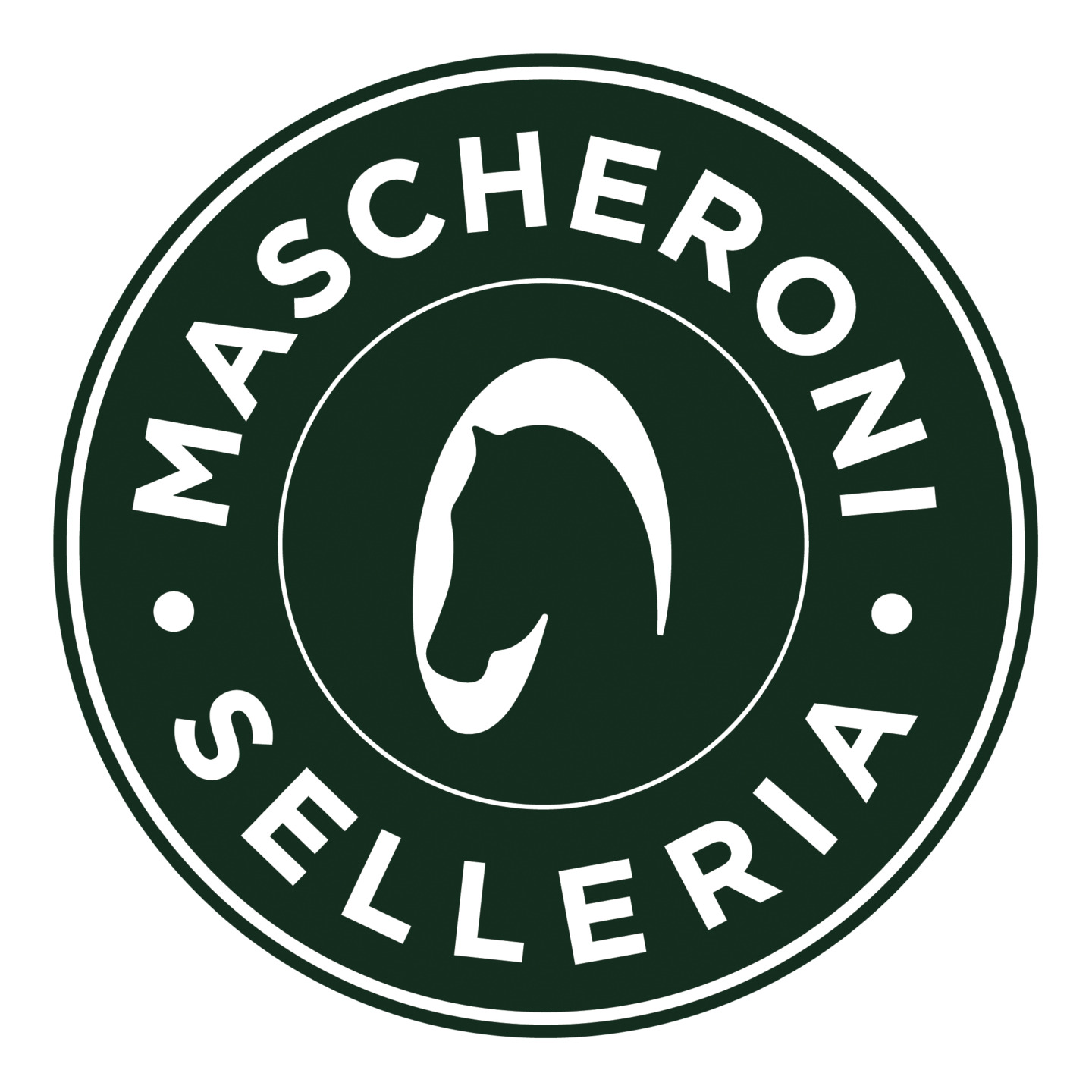
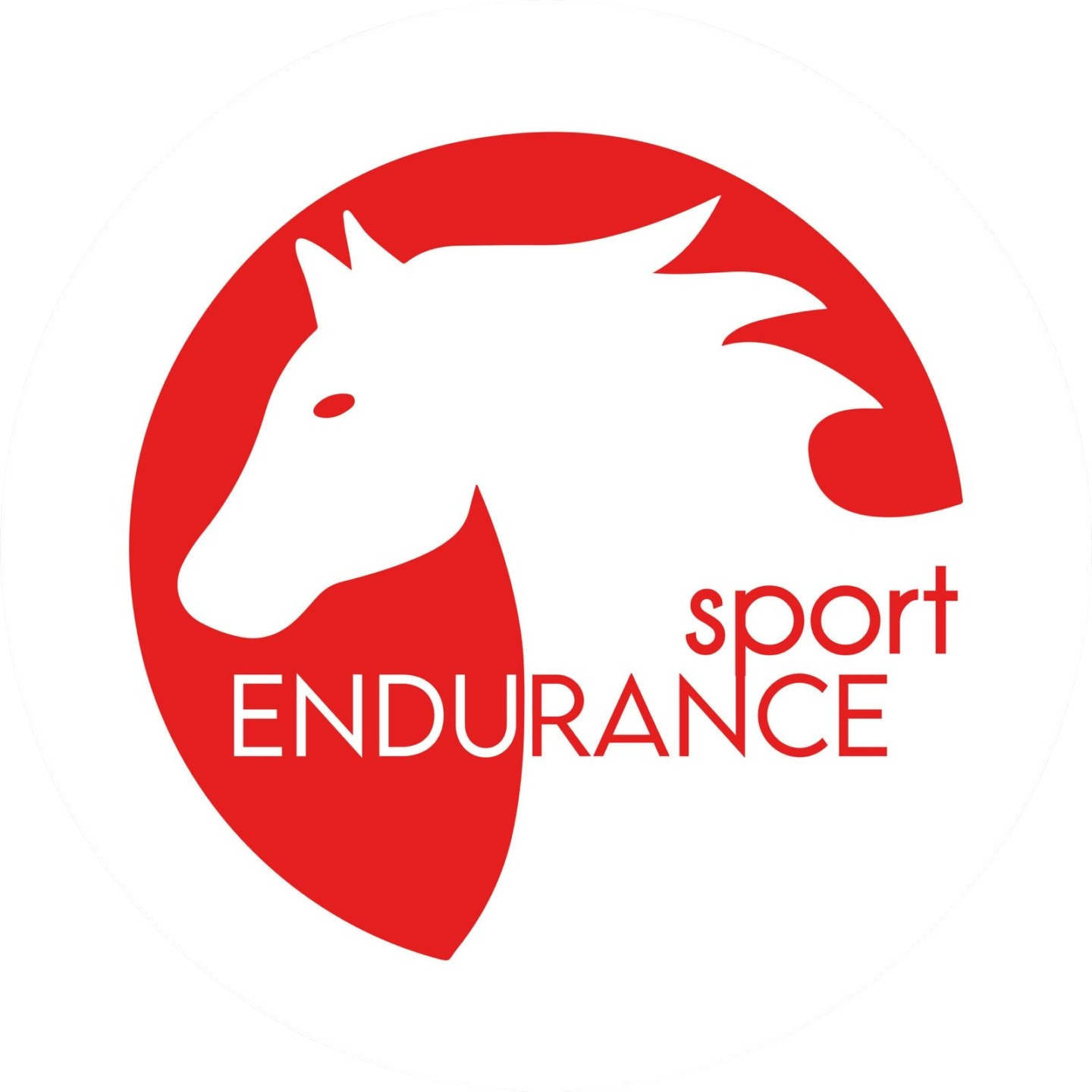
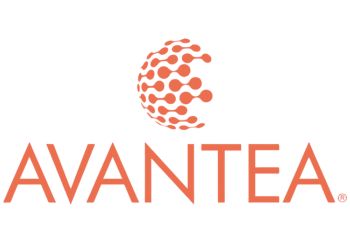
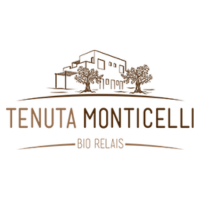
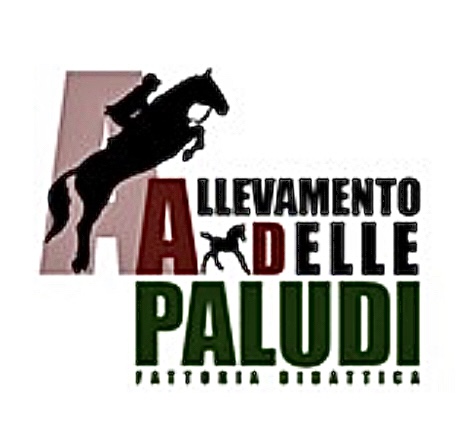
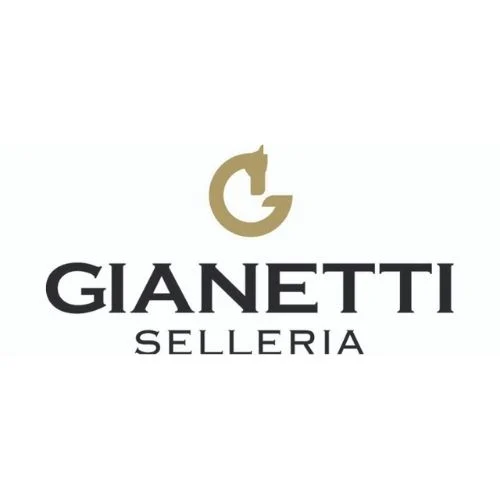
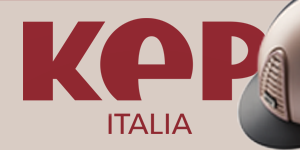
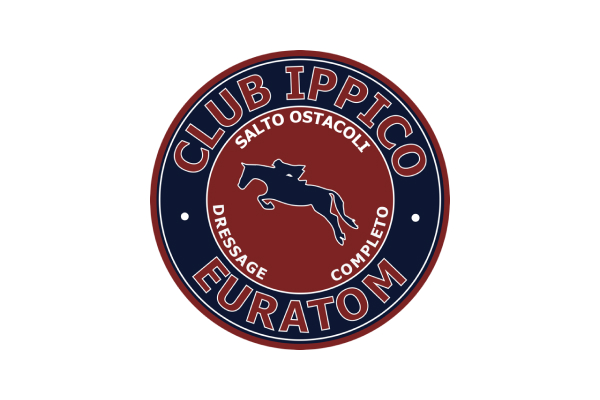
(1).png)